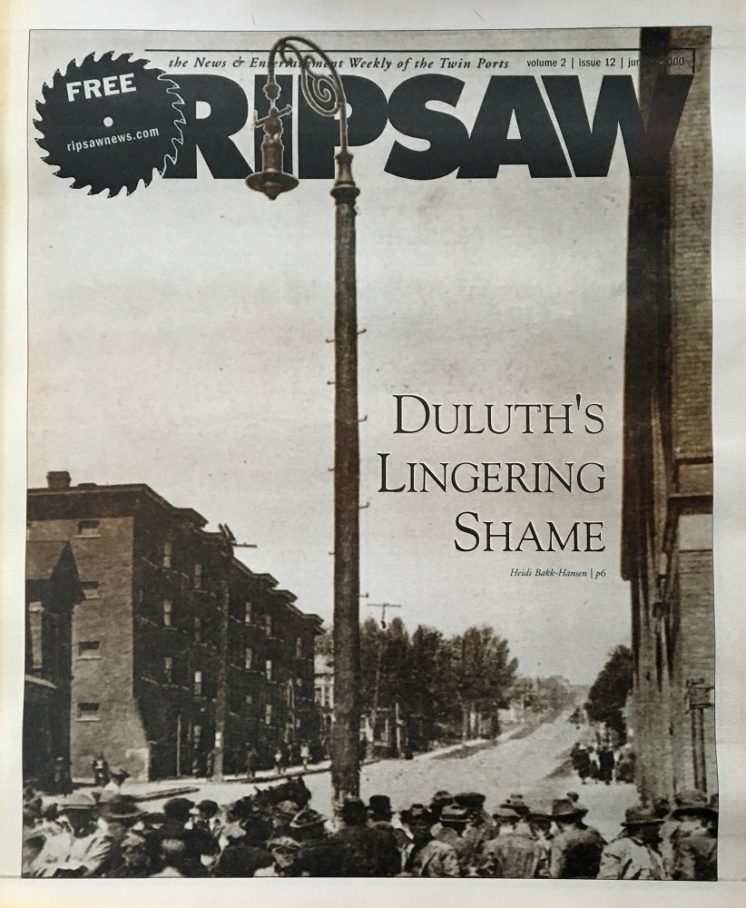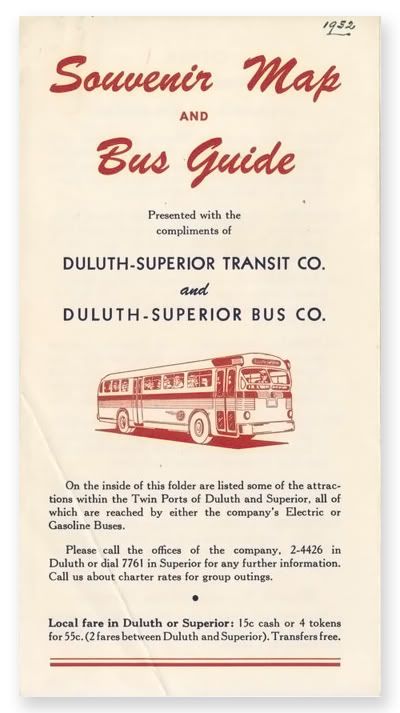Bathing in Fairmount Park’s Boys’ Pool
This old postcard was sent 100 years ago today. Someone named Mabelle mailed it to Mrs. W. F. Smith of Minong, Wis. It was postmarked in Duluth, Minn., July 16, 1910, 3 p.m.
This old postcard was sent 100 years ago today. Someone named Mabelle mailed it to Mrs. W. F. Smith of Minong, Wis. It was postmarked in Duluth, Minn., July 16, 1910, 3 p.m.
This week I had a chance to glimpse some of the immense cultural riches of the Ojibwe people who along with other Native American people have occupied this area for thousands of years. And you can check them out too, if you want.
Sorry for the belatedness, but I felt I had to acknowledge the 16th anniversary of the release of Guided By Voices’ Bee Thousand, one of my favorite rock albums of all time. Pitchfork has it at #10 in the Top 100 Albums of the ’90s, a tad low if you ask me. I may be slightly obsessed with GBV, but I think this album has something for just about everyone. “I am a Scientist!”
Superior isn’t the only city that enjoys its suds. This photo was bought at an auction several years ago. On the frame, it is titled “Duke of Duluth.” I know it is not the Duke of Duluth I am thinking of. Notice the great detail of flies on the beer mug. Does anyone one have a clue as to who this guy was? The framed photo served as a traveling photo for a long list of jolly fellows. The name written on the cardboard backing is Gust. Munding, Rush City Minnesota. Was this part of a beer campaign?
This headline and illustration are from the August 18, 1917 issue of the Duluth Rip Saw. The story is without a byline, but was no doubt written by the paper’s publisher, John L. Morrison.
Below is the complete text of a story from the June 7, 2000 issue of Duluth’s Ripsaw newspaper.
Duluth’s Lingering Shame
Eighty years ago Duluthians carried out one of the most horrific acts this region has ever seen. How did it happen? Have we changed?
By Heidi Bakk-Hansen
 They’re selling postcards of the hanging
They’re selling postcards of the hanging
They’re painting the passports brown
The beauty parlor is filled with sailors
The circus is in town
Here comes the blind commissioner
They’ve got him in a trance
One hand is tied to the tight-rope walker
The other is in his pants
And the riot squad they’re restless
They need somewhere to go
As Lady and I look out tonight
— From Bob Dylan’s “Desolation Row”
On June 15, 1920, a mob of 10,000 lynched Isaac McGhie, Elias Clayton and Elmer Jackson at the corner of First Street and Second Avenue East in Duluth.
Isn’t it about time for some kind of consensus on the proper rendering of the name?
Leif Ericson
Leif Erickson
Leif Ericsson
Leifr Eiraksson
Leif Erikson
Leifur Eiricksson
Lsif Erickson
What is your favorite Anglicisation? I think we can settle on “Leif” for the first name. The patronym seems to most often be either “Erickson,” “Ericson,” or “Erikson.” Duluth needs a referendum on this.
Before there was a school called Denfeld, high school classes in West Duluth were held at Irving School.
Historic Duluth Armory featured Paul Metsa and Danny Fox, the 2008 winner of the Hibbing Dylan Days singer/songwriter contest for the May 30 open house.
Confederate grave, Holly Springs, Mississippi, June 2007.
The News-Tribune had a nice editorial Sunday encouraging people to take time out to remember that Memorial Day was intended to include an element of solemnity, paying homage to those who have died in the service of the United States. I’m no jingo, but I generally embrace those sentiments. The editorial board erred in citing the nonprofit usmemorialday.org’s characterization of the origins of the tradition, however: “That inaugural Decoration Day, on May 30, 1868, drew some 5,000 Americans who helped place flowers and flags on the graves of more than 20,000 Union and Confederate soldiers at Arlington National Cemetery,” the group claims, imagining a scene of national reconciliation.
The Clyde Iron Works restaurant and event center at Clyde Park is now open at 29th Ave. W. & Michigan St. in Duluth’s Friendly West End. Here’s a little Clyde historical timeline.

Minnesota Reflections now brings you nearly 45,000 images and documents shared by more than 98 cultural heritage organizations across the state. This site offers a variety of resources on Minnesota’s history for researchers, educators, students, and the public. We add throughout the year so check back often.
An earlier post about a car hitting the Kozy brought a discussion of the building, so I thought I’d share what I know of the building. So here’s some info on the Kozy we at X-Comm have gathered for a forthcoming book, Duluth’s Grand Old Buildings.